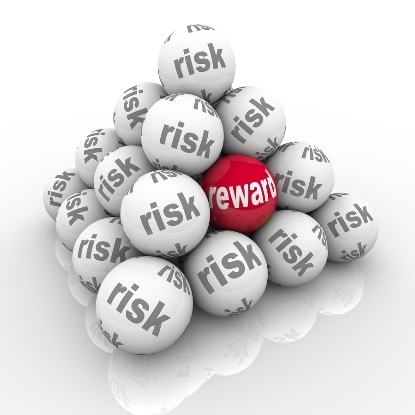Speculating is akin to gambling and not a prudent way to go about procuring a solid future. Jason Zweig, a leading financial journalist who writes the widely read "The Intelligent Investor" column for The Wall Street Journal recently shared his analysis of the current market climate. He also doled out some advice for investors. At the 18-minute mark of this video, ( https://www.youtube.com/watch?v=3vKYy4DvfDY ) he hit his stride. Zweig makes it clear that it takes more than gathering information to make a good investor.
During my search for different ideas on where the financial system and economy are headed, this is the first time I have stumbled upon the name of Benjamin Graham. This revelation of my ignorance is merely a confirmation of the fact we all have blind spots in our education. Benjamin Graham was a British-born American economist, professor, and investor who died in 1976. Graham is widely known as the "father of value investing."Graham wrote two
of the founding texts in neoclassical investing. His investment philosophy emphasized such things as investor psychology, having minimal debt, buying and holding assets, fundamental analysis, diversifying, maintaining margins of safety, activist investing, and contrarian mindset. In short, Graham saw a clear distinction between investing and speculation.
This includes warning how when money is abundant a wide range of financial assets rise to record levels and enormous amounts of money tend to flow into stocks. Demand for residential real estate soars and innovative products such as digital currencies can appreciate at breathtaking speed. For financial historians and serious market observers, these are the signs of a market bubble. Another sign is that speculation soars.
 |
| At Times Risk Out Numbers Reward |
With this in mind, another interesting investment strategy is to invest in what Dylan Grice refers to as a "cockroach portfolio." Grice points out the resilience of cockroaches and that this portfolio is based on simply surviving and preserving your wealth. For those investors who have difficulty getting into the niche alternative markets that Dylan's fund invests in, he recommends the dead-simple "cockroach" portfolio: 25% stocks 25% bonds 25% cash 25% gold.
The effects of the last few recessions have been significantly buffered by the Fed but at some point, there is no place to hide. Credit spreads have not yet moved to where they reflect the risk and magnitude of what is occurring across the world. Making things worse, we find ourselves in a place where no country or sector of the economy is strong enough to carry us forward. We are a train with no locomotive.
(Republishing this article is permitted with reference to Bruce Wilds/AdvancingTime Blog)


No comments:
Post a Comment